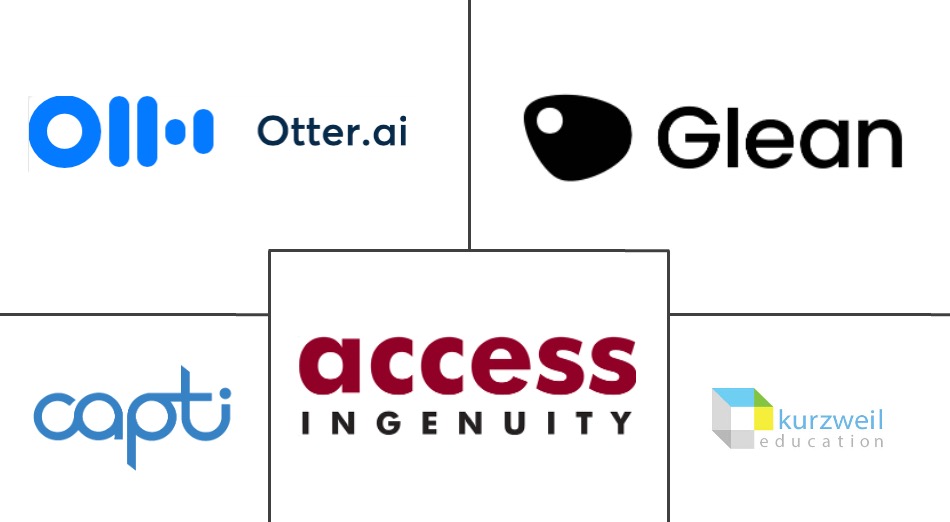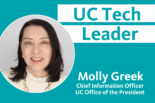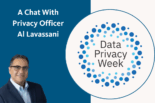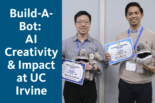By Michael Wegmann.
UC Systemwide Procurement has announced five new UC wide agreements for assistive technology solutions that support students and staff with disabilities. The agreements are in place for a minimum of five years, reduce cost through volume purchasing, and are compliant with UC policy, including the security appendix DS.
The RFP
UC Systemwide Procurement conducted a Request for Proposal (RFP) process in partnership with UC Graduate, Undergraduate and Equity Affairs; the campus Disabled Student Services directors; and the IT Sourcing Committee. The RFP process identified suppliers that could provide solutions in the following assistive technology categories:
- Literacy tools
- Note taking
- Screen readers/magnifiers
- Speech recognition
Benefits to UC
Through these contracts, units across UC are now able to purchase assistive technologies for their students or staff at the same lower cost. Obviously, the agreements enable departments to get the best value for their dollar and to offer these solutions to more students and staff. The truest value is the impact such technologies can have on advancing the careers and futures of both UC students and staff.
Lucy Greco, web accessibility evangelist at UC Berkeley, served on the RFP committee and has long worked to advance accessibility throughout the UC system. She is thrilled that UC has these agreements in place.
Greco said, “The value of these agreements is manyfold. Firstly, our students with disabilities win in so many ways when they get access to these tools at a lower cost. They are better able to compete with their peers without disabilities. Secondly, students that may not have a disability can try these tools out as well and increase their ability to learn faster and more effectively. Staff now have the option to try these tools for their jobs as well. UC has lots of staff with disabilities who struggle, and now these tools are here to give all of us a foot up.”
These types of technologies can help everyone learn, not just people with disabilities; and with consistent pricing across UC, they now can be made available to more people.
Joshua Hori, accessible technology coordinator in Information Education Technology/Academic Technology Services at UC Davis, also served on the RFP committee. He said, “These contracts provide the UCs with the same pricing and services across the board, making student experiences similar across campuses. The impact of including these technologies is that they can make course content more inclusive for everyone—not just a student with disabilities but also, for example, someone who uses English as a second language, or experiences retention anxiety, or is a first-generation student who has never been tested for disabilities.”
The Assistive Technologies
These agreements listed below are available to all UC locations. To view an agreement, visit CalUsource and search by the Agreement number or contact your local Strategic Sourcing team member for questions about the agreements.
| Product Name | Agreement # | RFP Category(s) |
| Access Ingenuity | 2021003188 | Screen Readers/Magnifiers |
| Charmtech Labs/ Capti | 2021003142 | Literacy Tools |
| Kurzweil | 2021003141 | All |
| 5Otter Ai | 2021003198 | All |
| Sonocent/Glean | 2022003240 | Note Taking |
The Team
The RFP committee was composed of assistive technology experts from across UC who collaborated to define the needs for the tools, review supplier proposals, and make the final recommendations. Their expertise and contributions were critical to the success of this project.Committee members were Lucy Greco (UCB), Joshua Hori (UCD), Somphone Eno (UCI), Rica Ocampo (UCLA), Drew Shelbourn (UCM), Will Pines (UCR), Gary White (UCSB), Jeremy Wiles (UCSD), Clayton Litrell(UCSF), Belinda Vea (UCOP), Neil Kronenthal (UCOP), and Matt Linzer (UCOP), Michael Wegmann (UCOP).








